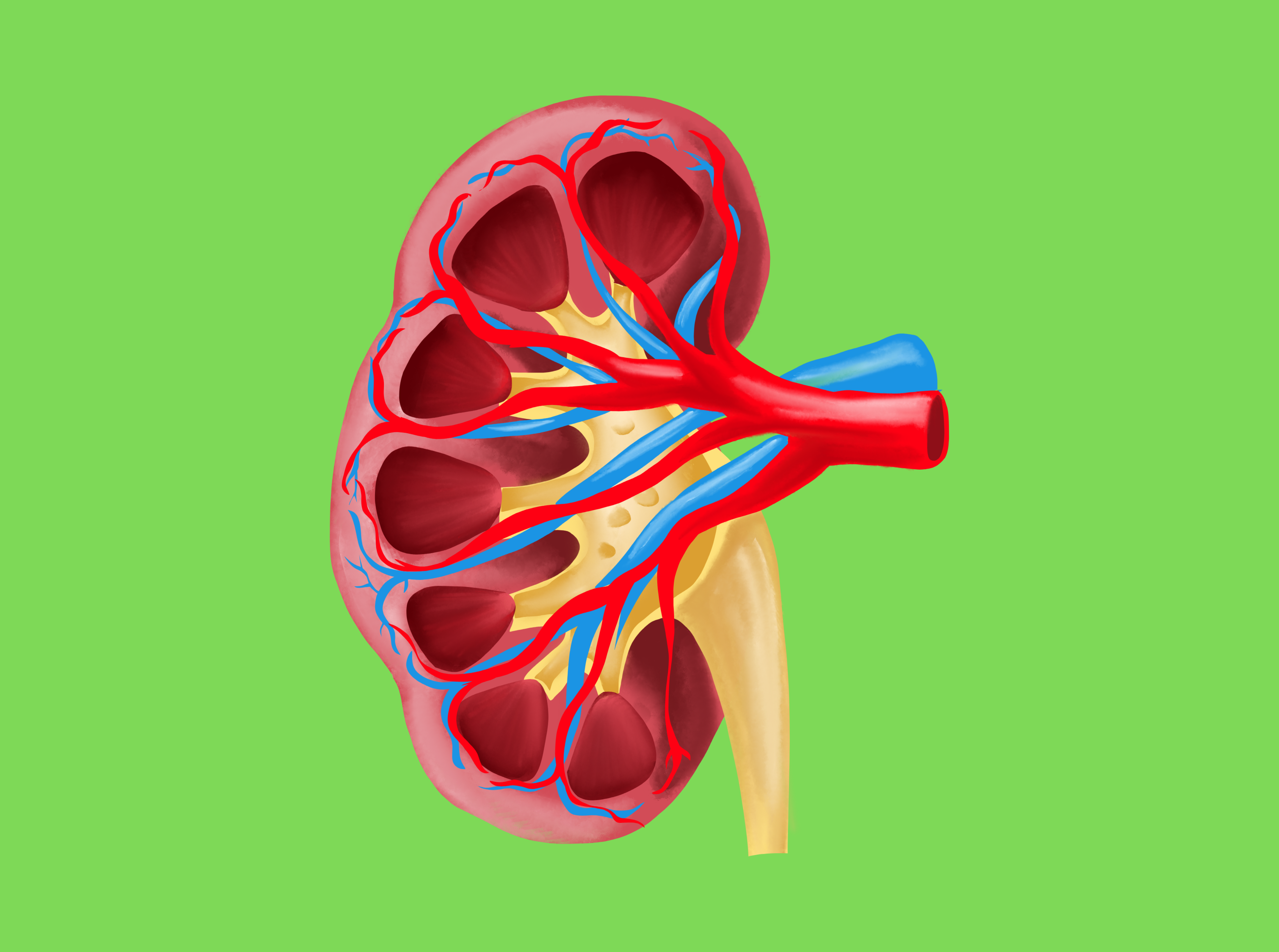
Nephrology : benefits of Cyanopower & Cyanoamrut
Spirulina is gaining traction as a nephroprotective nutraceutical with substantial benefits in managing Chronic Kidney Disease (CKD) and related
renal dysfunctions, particularly within the Indian clinical landscape marked by rising metabolic and environmental nephrotoxicity. Its high
concentrations of phycocyanin, chlorophyll, and essential trace minerals contribute to potent antioxidant and anti-inflammatory actions, which are
critical in reducing oxidative stress-mediated renal injury (El-Sheekh et al., 2014). Studies have demonstrated Spirulina’s ability to modulate
serum creatinine, blood urea nitrogen (BUN), and uric acid levels, thereby improving renal filtration efficiency and delaying disease progression
in early-to-moderate stages of CKD (Farooq et al., 2018).
Furthermore, Spirulina enhances glutathione peroxidase and catalase activities, reduces lipid peroxidation in renal tissues, and supports
mitochondrial stability—an essential function compromised in nephron degradation (Riss et al., 2007). It also aids in detoxifying nephrotoxic
agents, including heavy metals and pharmaceutical residues, through its chelation properties and immunomodulatory effects, while offering a
non-nitrogenous, low-protein, but nutrient-rich dietary support, suitable for renal-compromised individuals. Its clinical use is particularly
relevant in India, where diabetic nephropathy and NSAID-induced nephrotoxicity are rising. Spirulina thus represents an effective, adjunctive
dietary strategy for nephrologists aiming to stabilize renal parameters, enhance patient resilience, and improve quality of life in CKD management.
Selected References:
← Back to Benefits